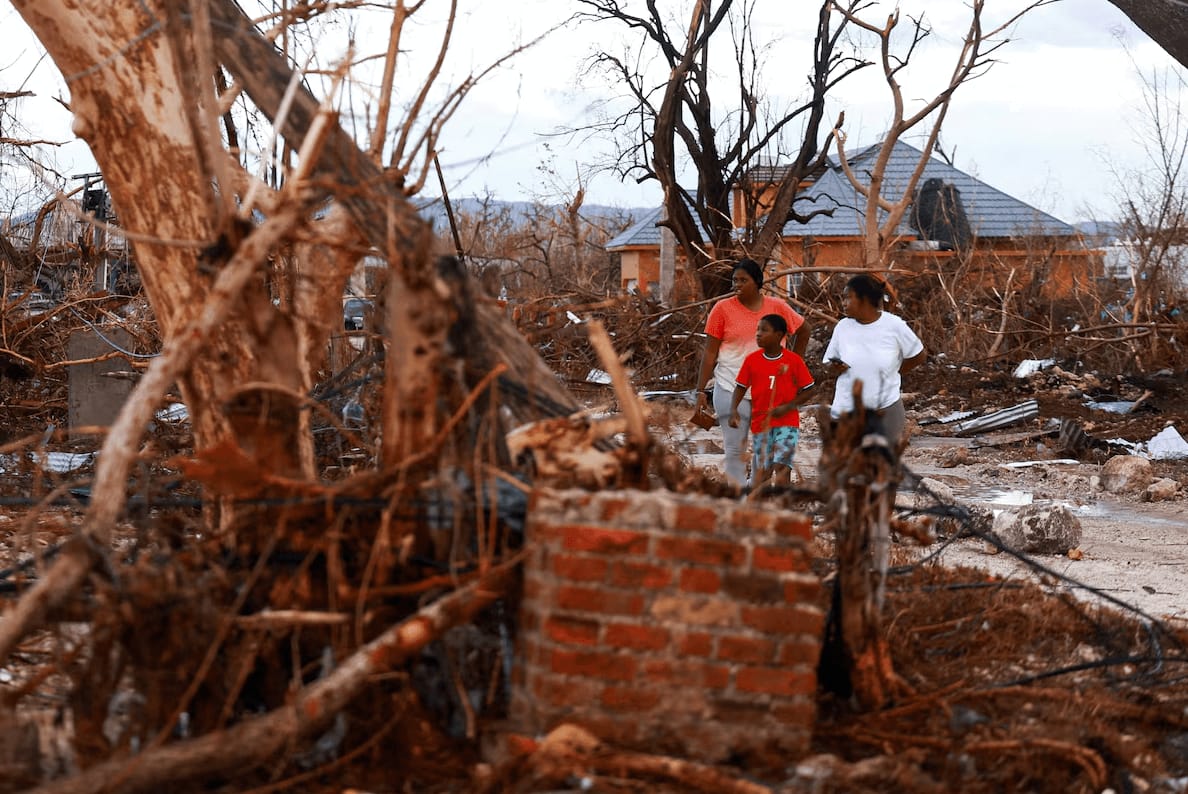- Conservative Fix
- Posts
- Jamaica Battles Deadly Disease Outbreak in Aftermath of Hurricane Melissa
Jamaica Battles Deadly Disease Outbreak in Aftermath of Hurricane Melissa
Leptospirosis surge follows catastrophic flooding as death toll rises and public health system strains.

In the wake of Hurricane Melissa's devastating impact on Jamaica, the island nation is now facing a deadly new crisis a bacterial outbreak of leptospirosis that has already claimed six lives and threatens to spread further.
The Category 5 hurricane struck on October 28, unloading more than 30 inches of rain across the island, triggering widespread flooding, landslides, and destruction to critical infrastructure. With nearly 200,000 buildings damaged and an estimated $10 billion in losses, Jamaica’s already fragile healthcare system is under tremendous pressure.
Now, contaminated floodwaters have created the perfect storm for disease.
Health Minister Christopher Tufton confirmed:
9 confirmed cases of leptospirosis between October 30 and November 20
28 additional suspected cases under investigation
At least six fatalities linked to the outbreak so far
Leptospirosis is a dangerous bacterial disease spread primarily through water or soil contaminated with the urine of infected animals most often rodents. It enters the body through broken skin or mucous membranes and can initially resemble a common flu. But unlike the flu, leptospirosis can escalate rapidly, causing kidney failure, liver damage, and in some cases, death.
“The outbreak follows the passage of the storm which has created conditions that have increased the risk of exposure to contaminated water and soil,” Tufton said.
He urged caution especially among:
Farmers working in wet or muddy fields
Cleanup crews and emergency responders
Anyone walking through or coming into contact with floodwaters
The storm’s devastation has also crippled Jamaica’s tourism and agricultural sectors two vital components of the national economy further complicating the government’s response.
This outbreak is yet another example of how natural disasters create ripple effects that reach far beyond their initial destruction. With sanitation systems overwhelmed and stagnant water accumulating, health threats like leptospirosis become inevitable, particularly in regions already strained by weak infrastructure.
The situation in Jamaica serves as a sobering reminder of how fragile civil systems can be when crisis hits especially in countries heavily reliant on tourism and vulnerable to environmental chaos. It's a stark warning not just for the Caribbean, but for any nation unprepared for the cascading public health effects that follow large-scale disasters.
Share this article or subscribe to our newsletter to stay informed on global health threats and crisis response developments.